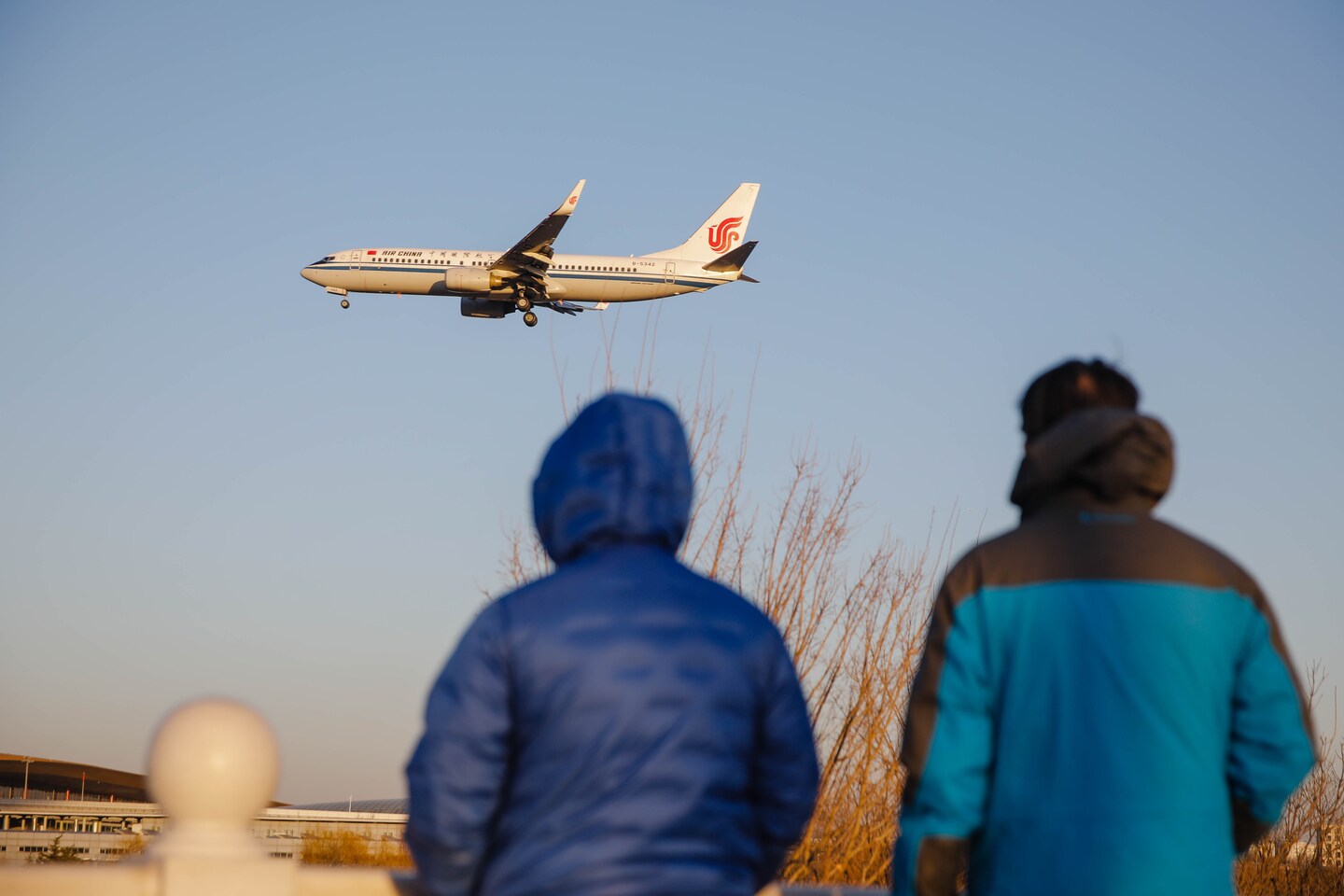As the coronavirus runs rampant in China, preparations have become all the more difficult, experts and U.S. officials say, because of the lack of transparency by the Chinese government about just how bad the outbreak there is.
With concerns mounting over the “lack of transparent data” from China, the United States is weighing similar measures to those introduced by Japan, which will require a negative coronavirus test on arrival for travelers from China and quarantine those who test positive, and Malaysia, which will increase virus surveillance measures, the officials said. They spoke on the condition of anonymity because they were not authorized to speak publicly.
South Korea’s Disease Control and Prevention Agency is set to announce new measures specifically for Chinese travelers on Friday, Choi Seung-ho, a spokesman for the agency, told The Washington Post. In India, the government last week started testing travelers from four Asian countries, including China.
Japan will also limit flights to and from mainland China, Hong Kong and Macao to four of its major airports starting Dec. 30. Airlines were asked not to increase flights at those airports.
The restrictions threaten to dampen the rebound of Chinese tourists to countries that had previously welcomed them, tourism experts say. They also raise questions about the role of geography-based coronavirus restrictions at a time when the world increasingly regards the virus as endemic and has all but moved on from such rules.
Chinese travelers to Japan may not want to risk being quarantined upon arrival if they were unknowingly infected, said Gregory Yeo, a hospitality consultant in Niseko, a popular skiing destination in northern Japan’s Hokkaido prefecture. He added that the stoppage of direct flights between China and Hokkaido’s main airport will make the area particularly unattractive for Chinese tourists.
The sudden restrictions — in response to China’s announcement — were already impacting travelers. Alvin Lo, a 42-year-old from Hong Kong, was scheduled to fly from New Chitose Airport in Hokkaido directly to Hong Kong on Jan. 4, but that flight will no longer be allowed. He spent Tuesday frantically searching for alternative options, and said Wednesday he was considering flying through Bangkok, as he predicted other people in his situation could snap up flights through Tokyo’s airports.
Asked about the Japanese restrictions, Chinese Foreign Ministry spokesman Wang Wenbin said at a briefing that measures by any country “need to be science-based and proportionate without affecting normal people-to-people exchange.”
Neyson Mahboubi, who researches China at the University of Pennsylvania, said that other countries were bound to be cautious in welcoming travelers from China, given its lack of transparency about the status of the pandemic.
While China has officially reported implausibly low death tolls from the surge of cases wreaking havoc there, residents have raised concern over widespread infections and a health care system bursting at the seams. An investigation by The Post found that communities in China are struggling to deal with the wave of infections.
“But any restrictions on Chinese travelers should be temporary and tied directly to scientific factors, including the transparency of public health information from China,” Mahboubi said in an email. “The world does not need (and can ill afford) a return to the paranoia and geopolitical finger-pointing with which the pandemic was met, initially.”
China has since the start of the pandemic required strict quarantine for inbound travelers, creating a massive disincentive for its population of more than 1.4 billion people to leave its borders. That has left many popular destinations devoid of the throngs of Chinese travelers that had been commonplace before the pandemic. Chinese tourists made 155 million outbound trips in 2019, according to state media, up 3.3 percent from the year prior.
Yeo, the hospitality consultant, said Chinese travelers accounted for more than a third of Niseko’s pre-pandemic tourists. Chinese nationals have for years contributed to about a third of tourism spending in Japan, government data show. The gap left by the lack of Chinese tourists has hurt business, he said, and things “feel different” without them. The streets are less crowded, he said, noting that Niseko had struggled with large crowds before the pandemic.
In Niseko’s popular Grand Hirafu village, the streets were still bustling with tourists from the United States, Australia, Singapore and Hong Kong. Mai Tanaka, an employee at a ski and snowboard shop, said business was already booming without Chinese tourists. Tanaka said she dreads the return of some Chinese tourists, who she said were often disorderly and shoved others out of their way. (In 2016, Hokkaido’s tourism organization revised an etiquette pamphlet for Chinese tourists after the tips were criticized as condescending.)
The timing of China’s reopening is a double-edged sword for the tourism industry, Yeo said. Businesses want the revenue from the Chinese market, but there are concerns over how widely the coronavirus is spreading there, he said. The industry had expected the reopening to start after Lunar New Year, in late January, Yeo said.
“The recovery will likely be gradual,” said Brendan Sobie, an aviation analyst at Singapore-based Sobie Aviation. Further lifting of restrictions in China will determine how soon international travel to and from the country will resume fully, he said.
He added that if other countries were to impose restrictions on Chinese travelers, tourists will choose countries without such rules, and that airlines will follow the demand.
Niha Masih in Seoul and Fenit Nirappil in Washington contributed to this report.



